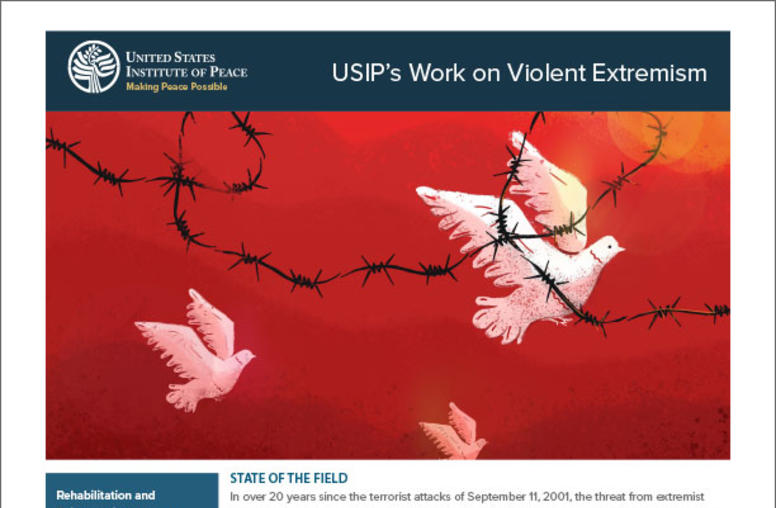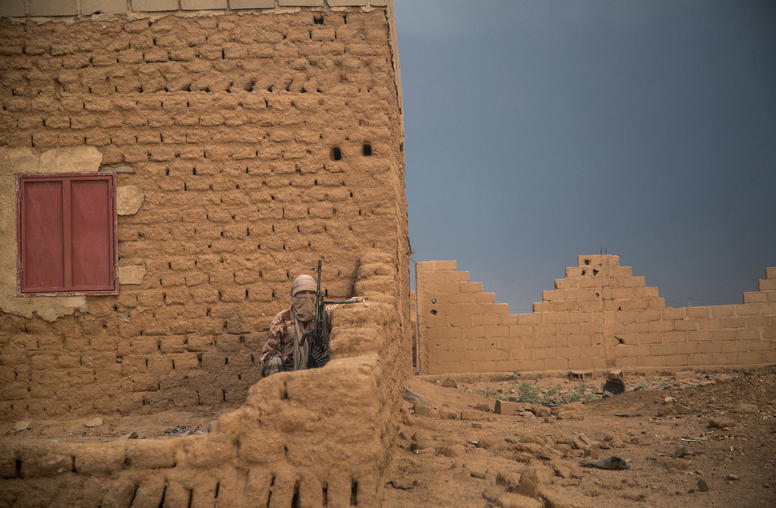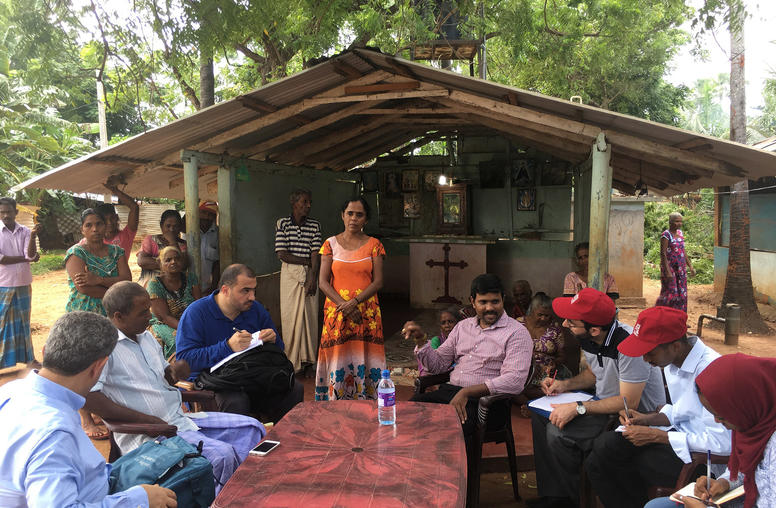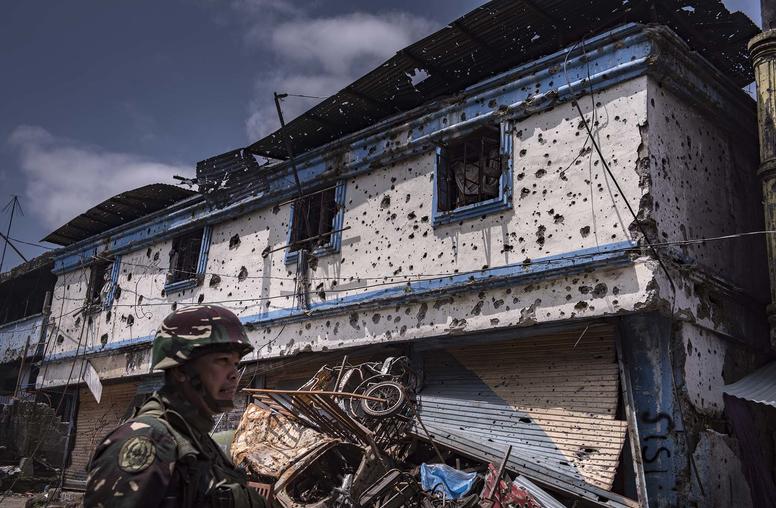The RESOLVE Network is a global consortium of researchers, research organizations, policymakers, and practitioners committed to empirically driven, locally defined research on the drivers of violent extremism and sources of community resilience.
RESOLVE Network; Researching Solutions to Violent Extremism
About
International stakeholders established RESOLVE to generate, facilitate, aggregate, and synthesize methodologically sound, locally informed research on the dynamics of violent extremism.
RESOLVE is a resource hub for researchers, practitioners, and policymakers in need of nuanced, multidisciplinary, empirical approaches to analyze the drivers of violent extremism and sources of community resilience. RESOLVE’s work provides key insights on violent extremism by establishing connections and asking critical questions to enhance and inform preventing and countering violent extremism (P/CVE) research, policy, and practice.
The RESOLVE Network Secretariat manages RESOLVE’s suite of research projects, convening efforts, and Network activities. The Secretariat is housed at the U.S. Institute of Peace, building upon the Institute’s decades-long legacy of deep engagement in conflict-affected societies.
Vision
Better research. Informed practice. Improved policy on violent extremism.
Mission
RESOLVE provides insights into violent extremism around the world, elevates local, rigorous research, and networks the research, policy, and practice communities.
Network
The RESOLVE Network comprises of Member Organizations and the Research Advisory Council. Populated by leading experts and scholars in the field, the RESOLVE Network Research Advisory Council supports RESOLVE’s mission to develop and deliver high-quality, methodologically rigorous research and insights on violent extremism.
Research
RESOLVE partners with international stakeholders on research and convening projects that build connections, ask critical questions, elevate research findings, and inform P/CVE research, policy, and practice. RESOLVE publications provide insight on global and local dynamics of violent extremism, identify gaps in the literature for future research, and present actionable recommendations for local and international actors. Our thematic and regional research initiatives include:
- Racially and Ethnically Motivated Violent Extremism (REMVE), including online communications and information ecosystems
- Local Peacebuilding Approaches in Sub-Saharan Africa
- Violent Extremist Disengagement and Reconciliation (VEDR)
- South East Asia
- Community-based Armed Groups in Sub-Saharan Africa
- Research Trainings and Toolkit
- Edited Volume: Researching Violent Extremism Series
- Western Balkans
- Lake Chad Basin
- Bangladesh
Convenings
RESOLVE hosts public events and expert roundtables to highlight new insights and research findings, convenes regional research agenda setting working groups and trainings, and connects local research organizations and researchers with P/CVE stakeholders.
Our signature event, the annual RESOLVE Network Global Forum at the U.S. Institute of Peace, is a hub of expertise for professionals in preventing and countering violent extremism and an entry point of multidisciplinary knowledge and innovation into mainstream P/CVE efforts.
- 2019 Global Forum: Resetting Priorities to Address Violent Extremist Threats
- 2018 Global Forum: Innovative Approaches to Understanding Violent Extremism
- 2017 Global Forum: Confronting the Next Wave of Violent Extremism
- 2016 Global Forum: Violent Extremism: Setting Priorities for Research
For more information, subscribe to our newsletter and follow us on Twitter at @resolvenet








